In a significant move to uphold ethical standards, Wells Fargo has terminated over a dozen employees for allegedly faking work by simulating keyboard activity. This decision came to light following a thorough review of the allegations last month, according to Bloomberg News.

The dismissed employees were part of the bank’s wealth and investment management unit. The revelation was made through disclosures filed with the Financial Industry Regulatory Authority, which underscored the gravity of the situation.

A spokesperson for Wells Fargo emphasized the company’s commitment to maintaining high ethical standards, stating, “Wells Fargo holds employees to the highest standards and does not tolerate unethical behavior.” The bank, however, did not clarify whether the terminated employees were specifically faking activity while working from home.
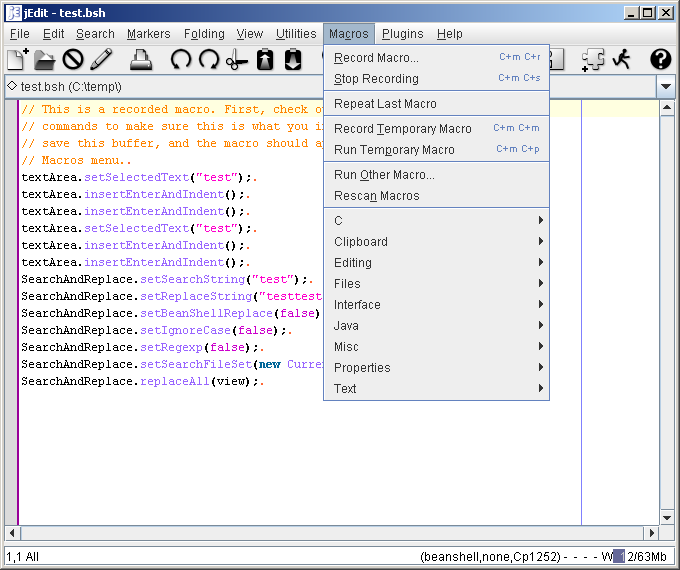
The use of devices and software like auto clickers or macro recorders has surged during the COVID-19 pandemic, as companies adapted to remote work arrangements. These tools gained popularity as employees sought ways to appear active and engaged while working from home.
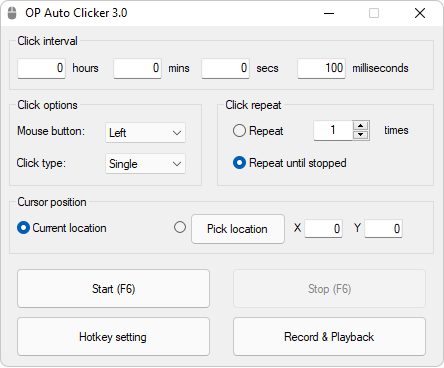
Social media platforms such as Reddit and TikTok became hubs for exchanging tips on purchasing and using these productivity simulation gadgets. This phenomenon reflects broader challenges companies face in monitoring remote employee productivity.

In early 2022, Wells Fargo had directed most of its employees, including those in customer-facing roles, to return to the office under a hybrid work model. This shift aimed to balance the benefits of remote work with the need for in-person collaboration and oversight.

The transition to managing a remote workforce has been fraught with difficulties. The lack of visibility has left some managers uncertain about the productivity levels of their remote employees. A Harvard Business Review study highlighted that 38% of managers believe remote work reduces employee productivity.

Contrarily, a Global Workplace Analytics survey found that 68% of employees forced to work from home during the pandemic felt they were highly successful in their roles. This discrepancy raises questions about whether remote employees are genuinely more productive or merely giving that impression.
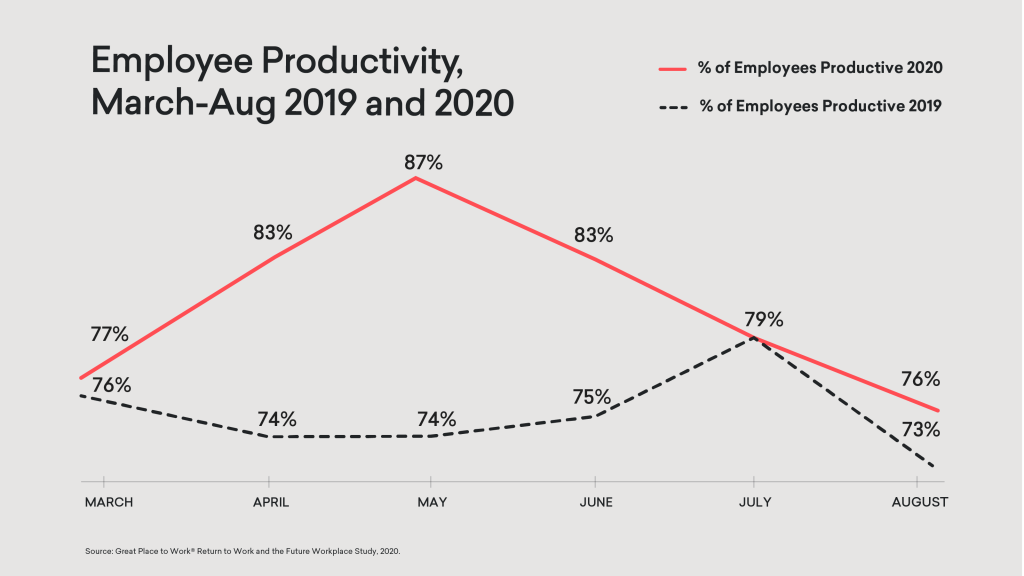
One major concern is that remote workers might misuse their work hours for personal activities. These activities range from household chores and running errands to socializing and seeking other job opportunities. This potential for distraction has fueled skepticism about the effectiveness of remote work.
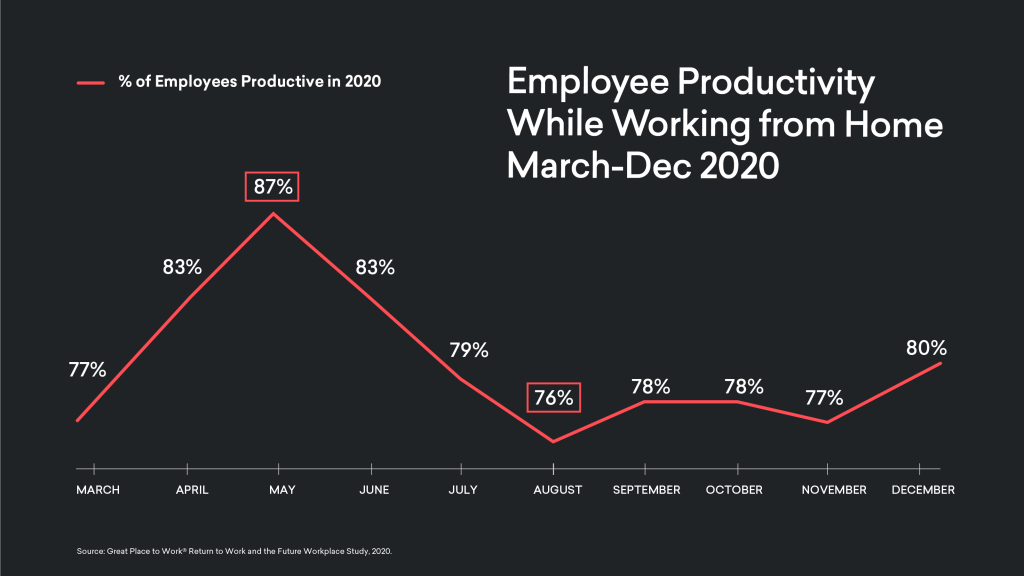
Research has shown mixed results regarding remote work productivity. While many employees report increased happiness and productivity, there are also significant instances of counterproductive behaviors. For example, a Fast Company survey revealed that 57% of remote workers admitted to binge-watching TV during work hours.
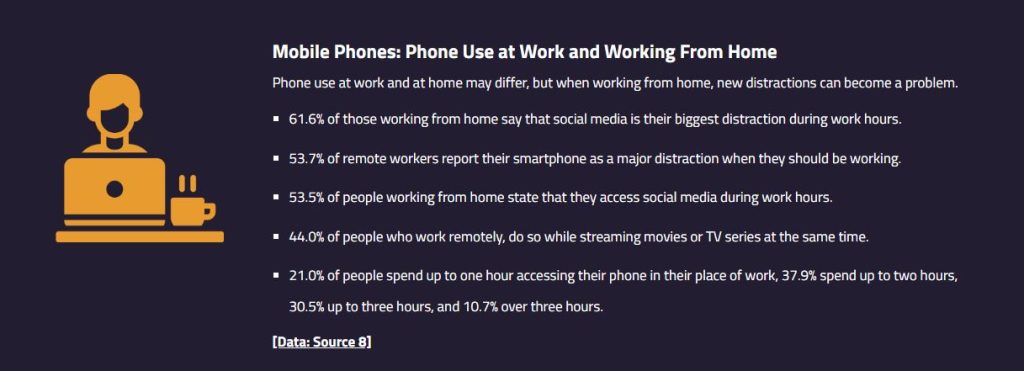
Moreover, data from SellCell in 2020 indicated that 61.6% of remote employees found social media a major distraction, 43.2% visited adult websites on company computers, and 33.5% engaged in gaming during work hours. These behaviors contribute to the erosion of trust between employees and their managers.
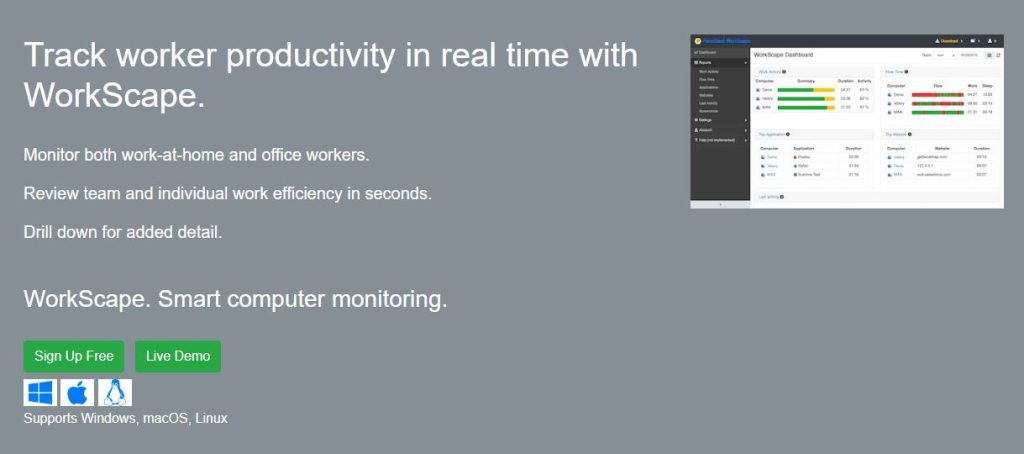
In response to these challenges, the adoption of remote employee monitoring software has soared. Employers seek to ensure that their resources are used efficiently and that employees are truly working during designated hours. This trend highlights the ongoing struggle to balance the benefits of remote work with the need for accountability and productivity





